Our
Resources
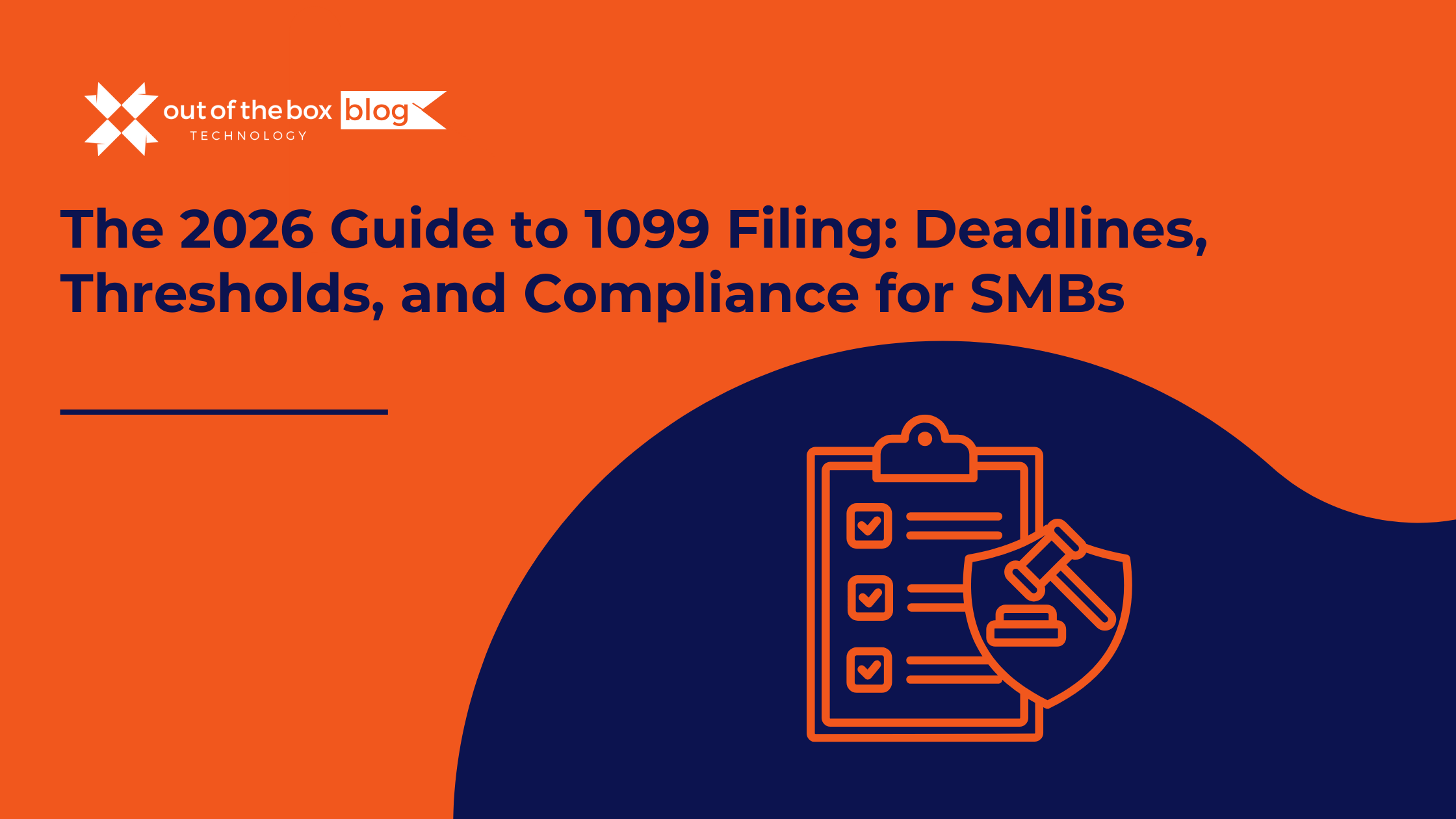
The holidays are over. The champagne flutes are put away. And if you own a Small or Midsize Business (SMB), a subtle panic is likely setting in. You have roughly three weeks to tell the IRS—and your contractors—how much money you spent on labor last year. In 2026, the workforce looks drastically different than it…

Success has a funny way of breaking things. When you started your business, your accounting needs were simple. You needed to send invoices, pay bills, and run a tax report once a year. You bought a “Starter” version of QuickBooks, or perhaps you’ve been running on the same trusty version of QuickBooks Desktop Pro for…
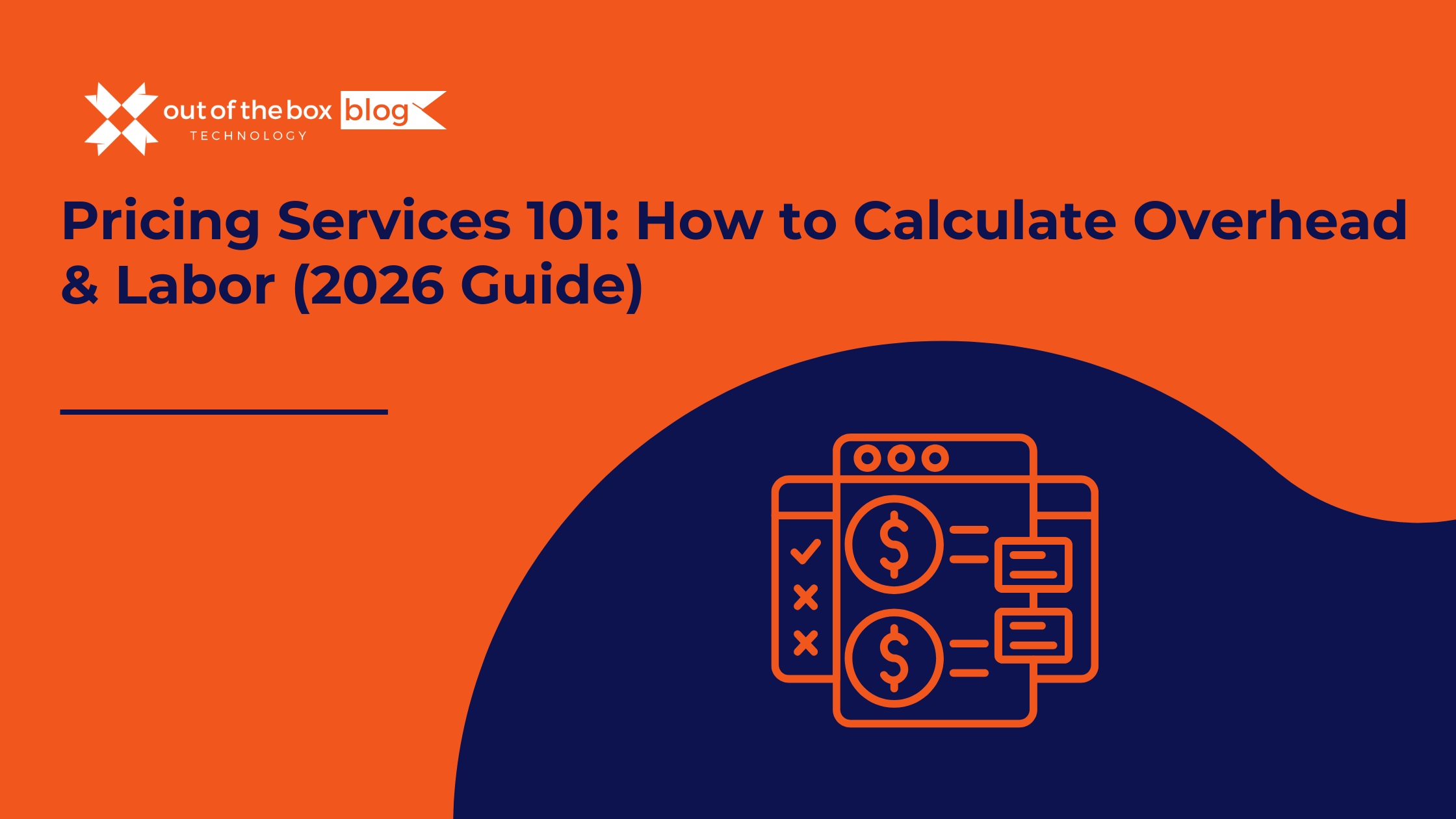
There is a moment in every service business owner’s life where the math stops making sense. You look at your team. They are booked solid. You look at your revenue. It’s hitting record highs. You look at your client list. It’s growing. Then you look at your bank account, and it’s empty. You ask yourself:…
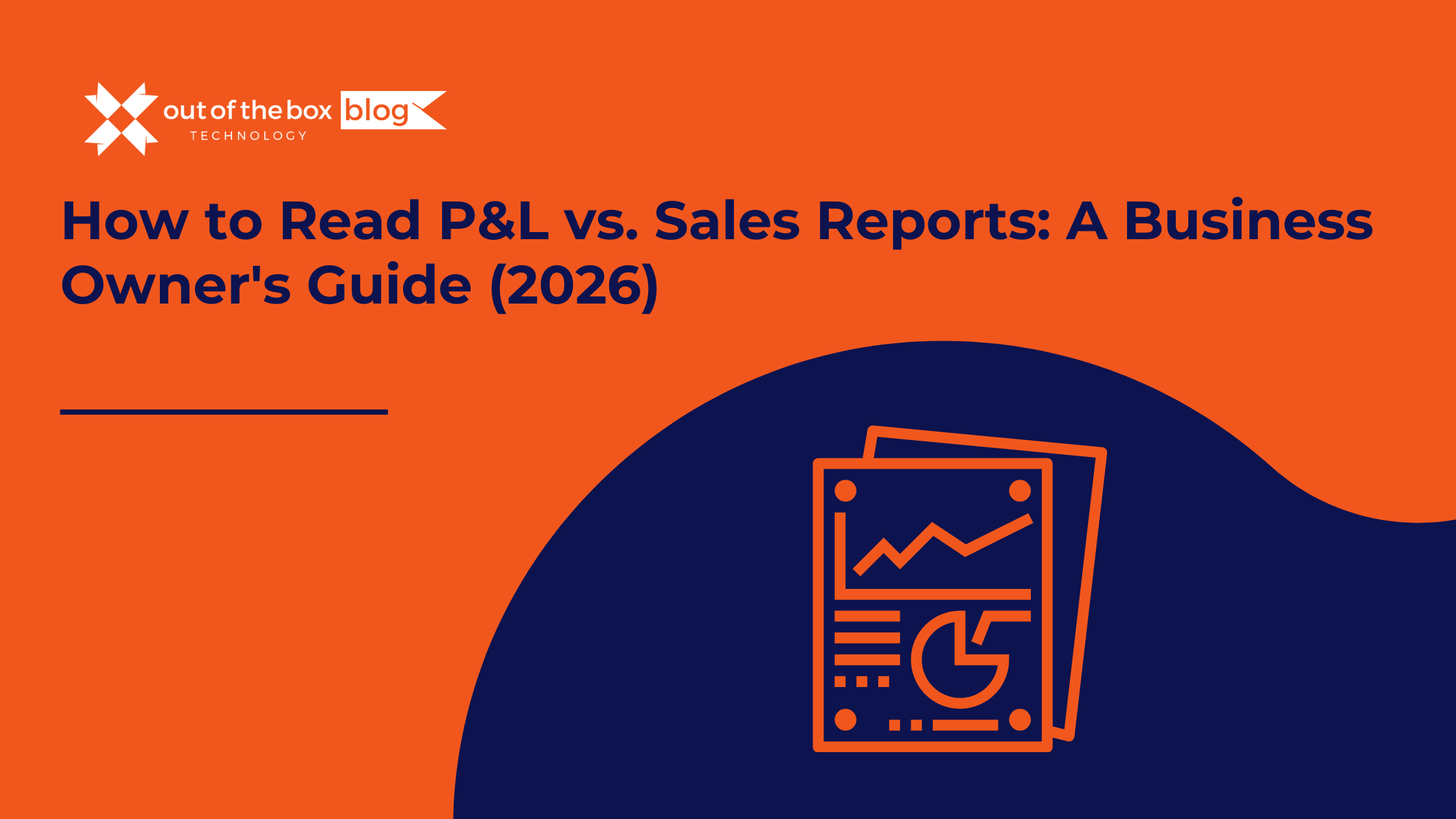
There is a specific moment of confusion that almost every business owner experiences. You walk into your Monday morning sales meeting. The team is high-fiving. The charts look great. Your “Sales by Item” report shows you moved $100,000 worth of product last month. It’s a record month! You feel invincible. Then, you walk into your…
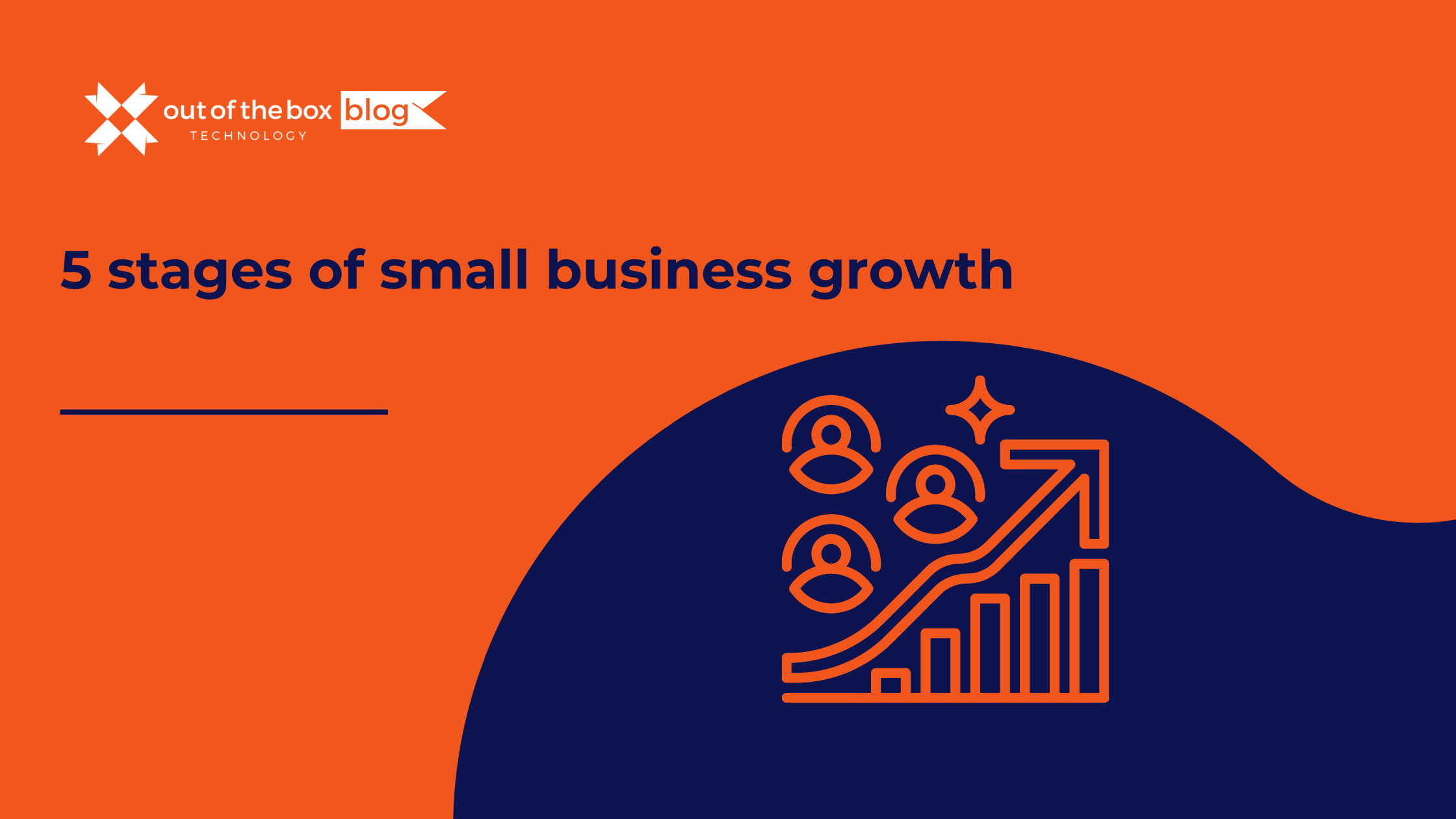
One of the most dangerous myths in entrepreneurship is the idea that “growth” is a straight, upward line. We tend to believe that if we just sell more, work harder, and hire more people, the business will naturally evolve from a garage startup into a well-oiled enterprise. The reality, as any seasoned business owner knows,…
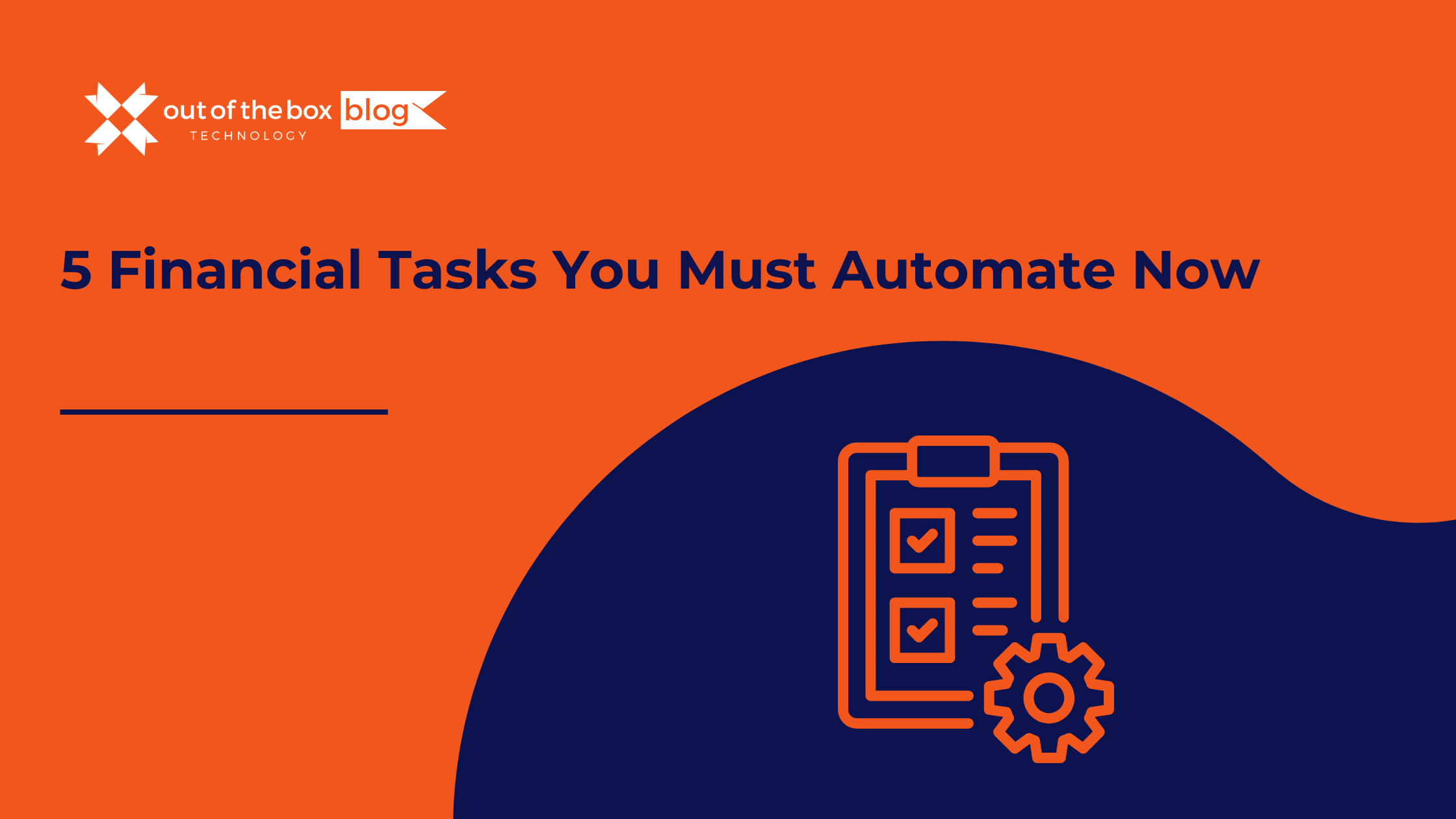
If you are a business owner or a controller, there is a specific kind of exhaustion you know well. It isn’t the exhaustion of strategic thinking or closing a big deal. It is the exhaustion of “Death by a Thousand Clicks.” It’s the Tuesday afternoon spent manually typing data from forty crumpled receipts into a…
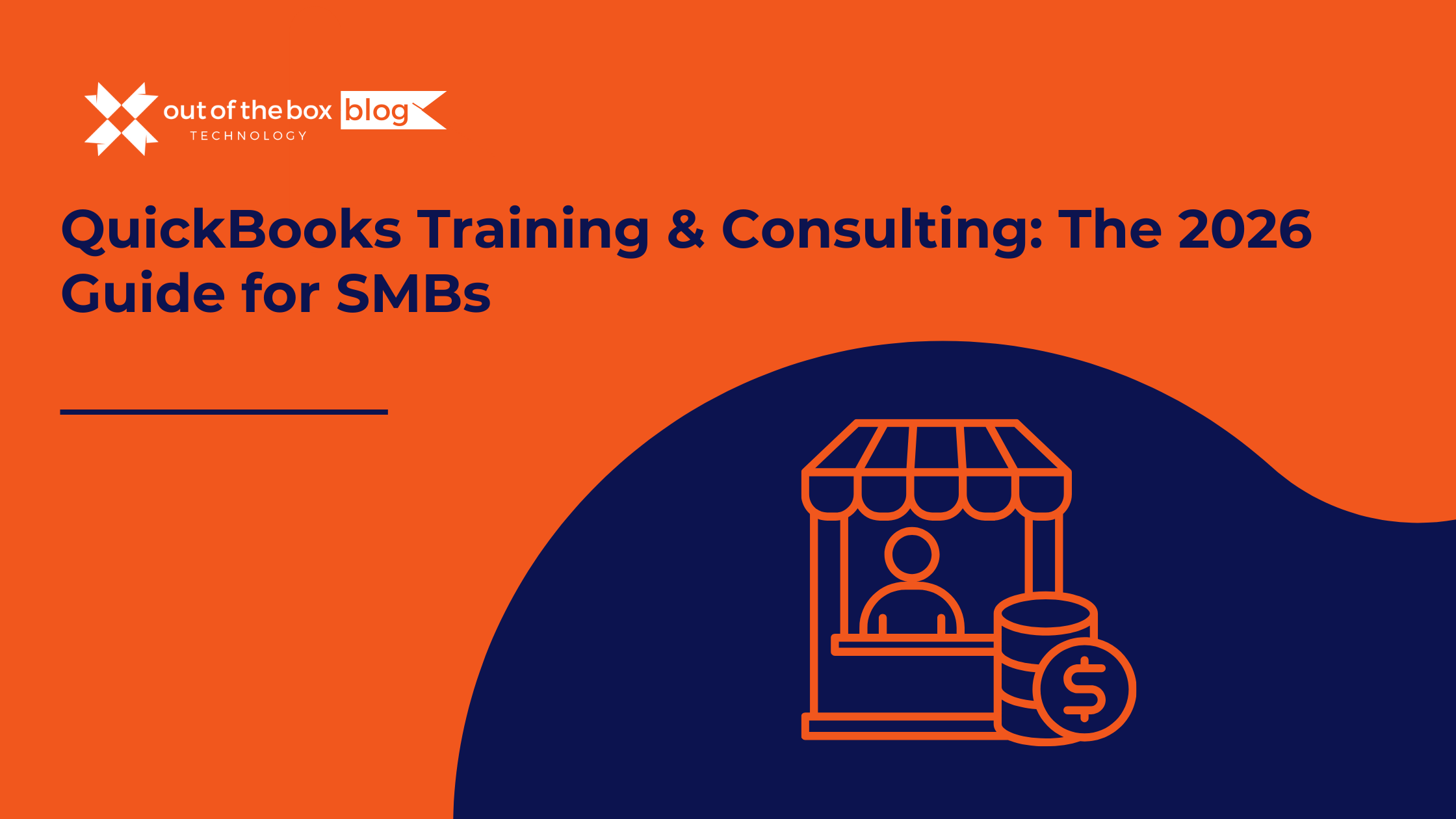
It is the most common lie in small business: “Just buy QuickBooks; it does the accounting for you.” If you are reading this, you probably learned the hard way that this isn’t true. QuickBooks is an incredibly powerful tool—the gold standard for SMB finance. But buying a Steinway piano doesn’t make you a concert pianist,…
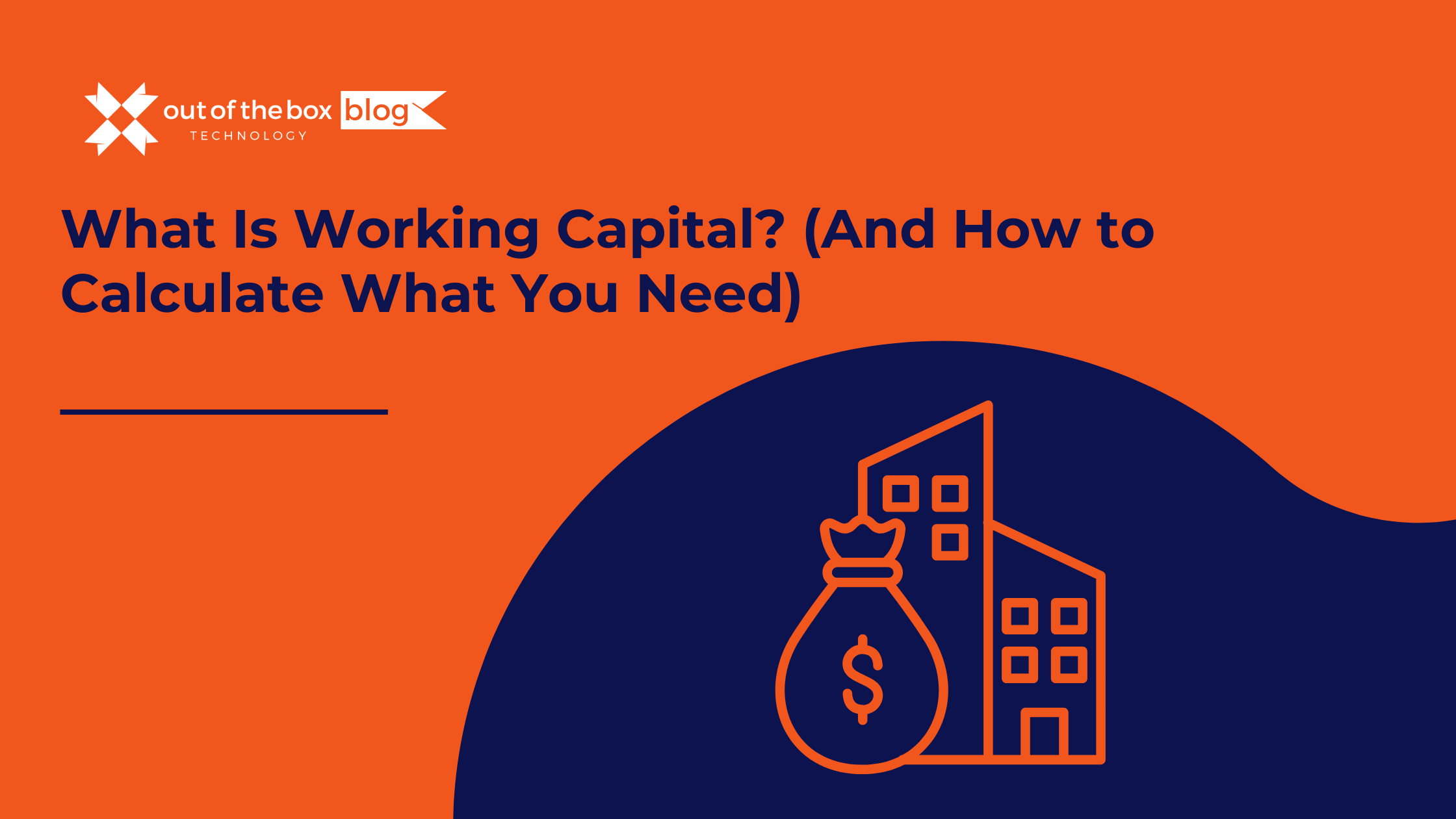
It is the silent killer of growing businesses. You can have a full sales pipeline. You can have a team working overtime. You can even show a healthy “Net Profit” on your P&L statement at the end of the month. And yet, you can still find yourself staring at the ceiling at 3:00 AM, wondering…
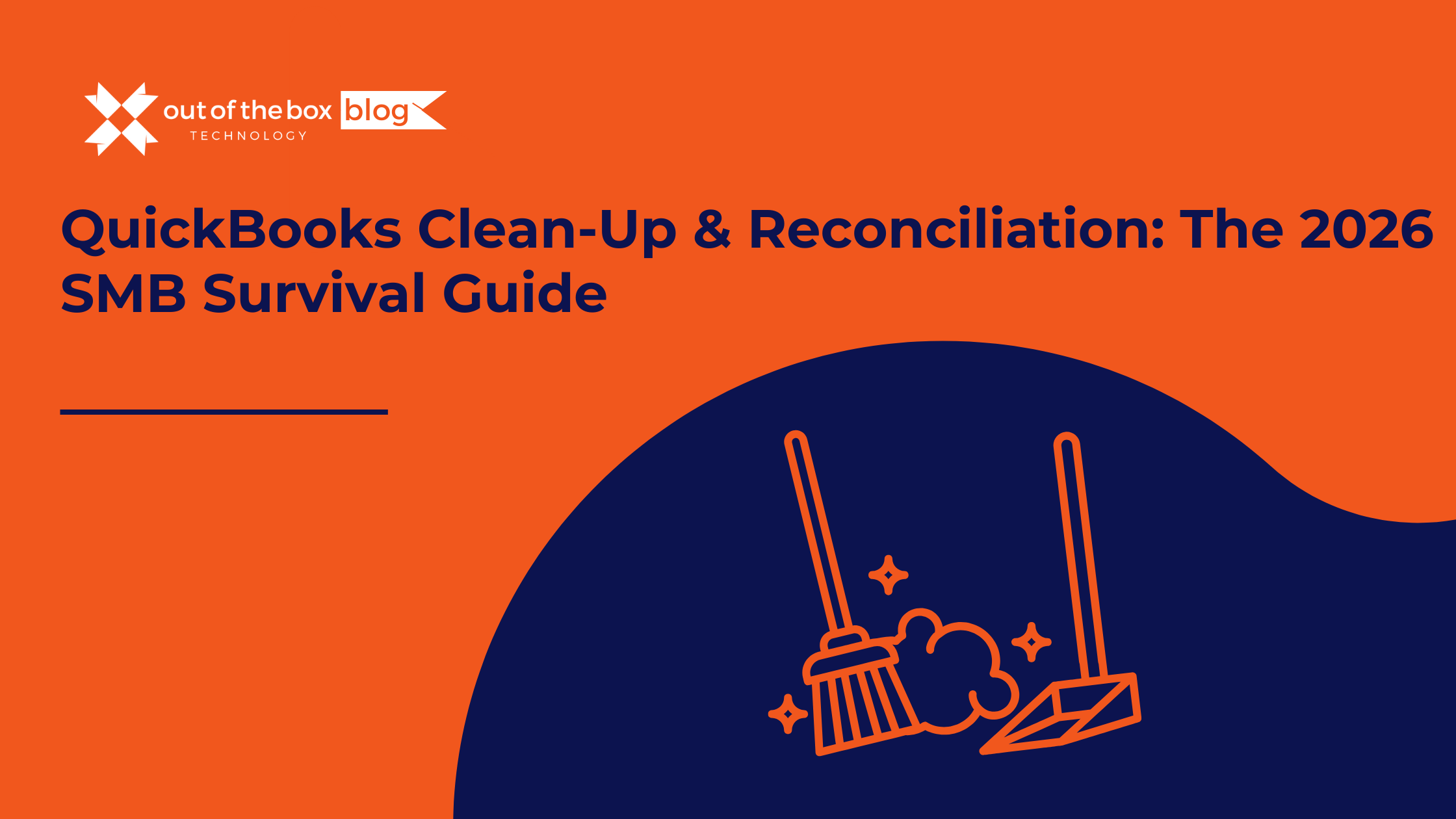
The Paradox of Automation in 2026 It is 2026. The pace of business has never been faster. AI agents handle your customer support, supply chains are automated, and transactions happen in milliseconds. Yet, for thousands of Small and Midsize Business (SMB) owners, a dangerous paradox has emerged: The more automated your accounting becomes, the messier…
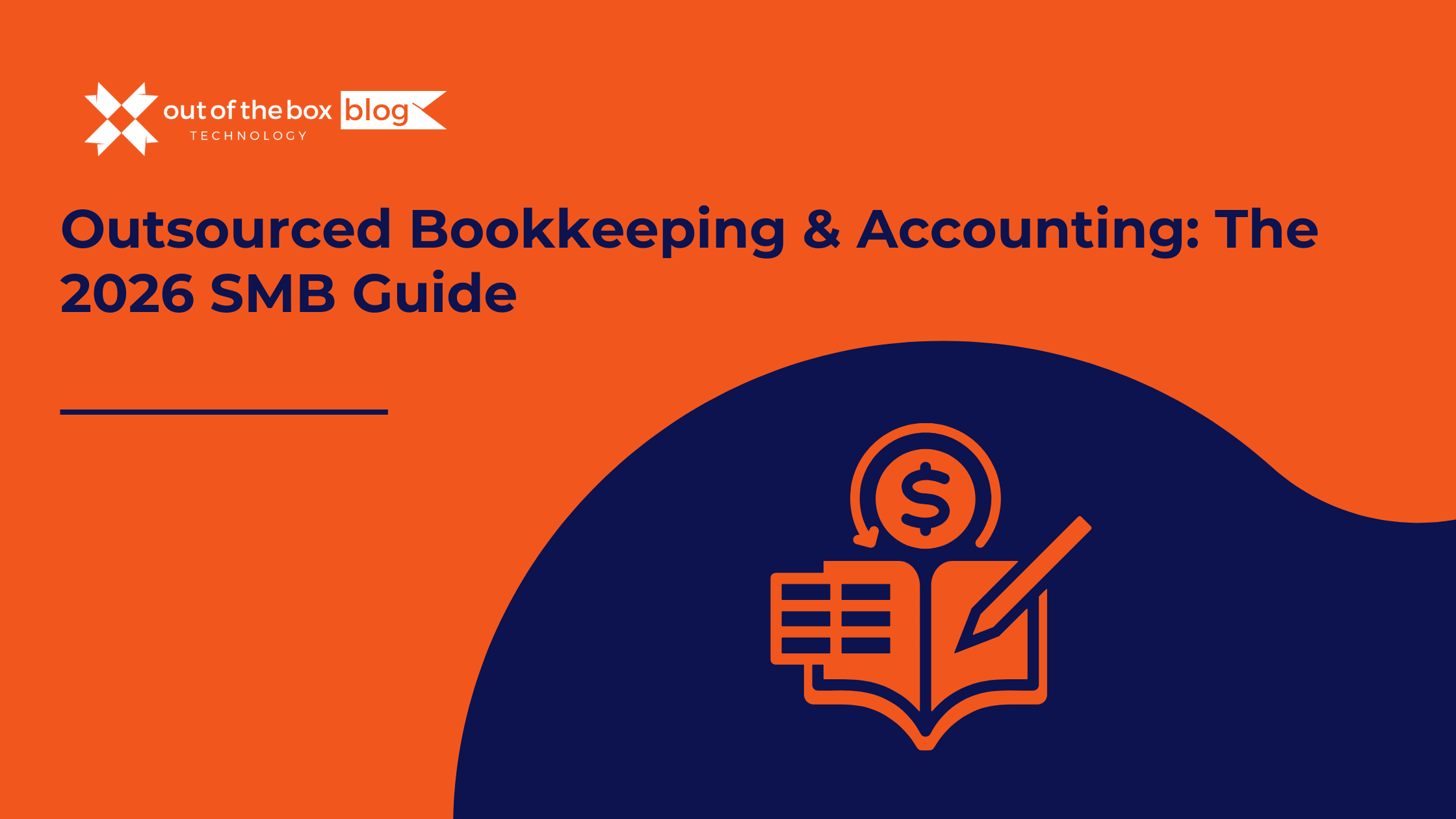
The era of the “back-office bookkeeper” buried under a mountain of paper receipts is officially over. As we look toward 2026, the financial landscape for Small and Medium-Sized Businesses (SMBs) has shifted faster in the last two years than in the previous twenty. We are operating in a world of AI-driven automation, real-time data feeds,…
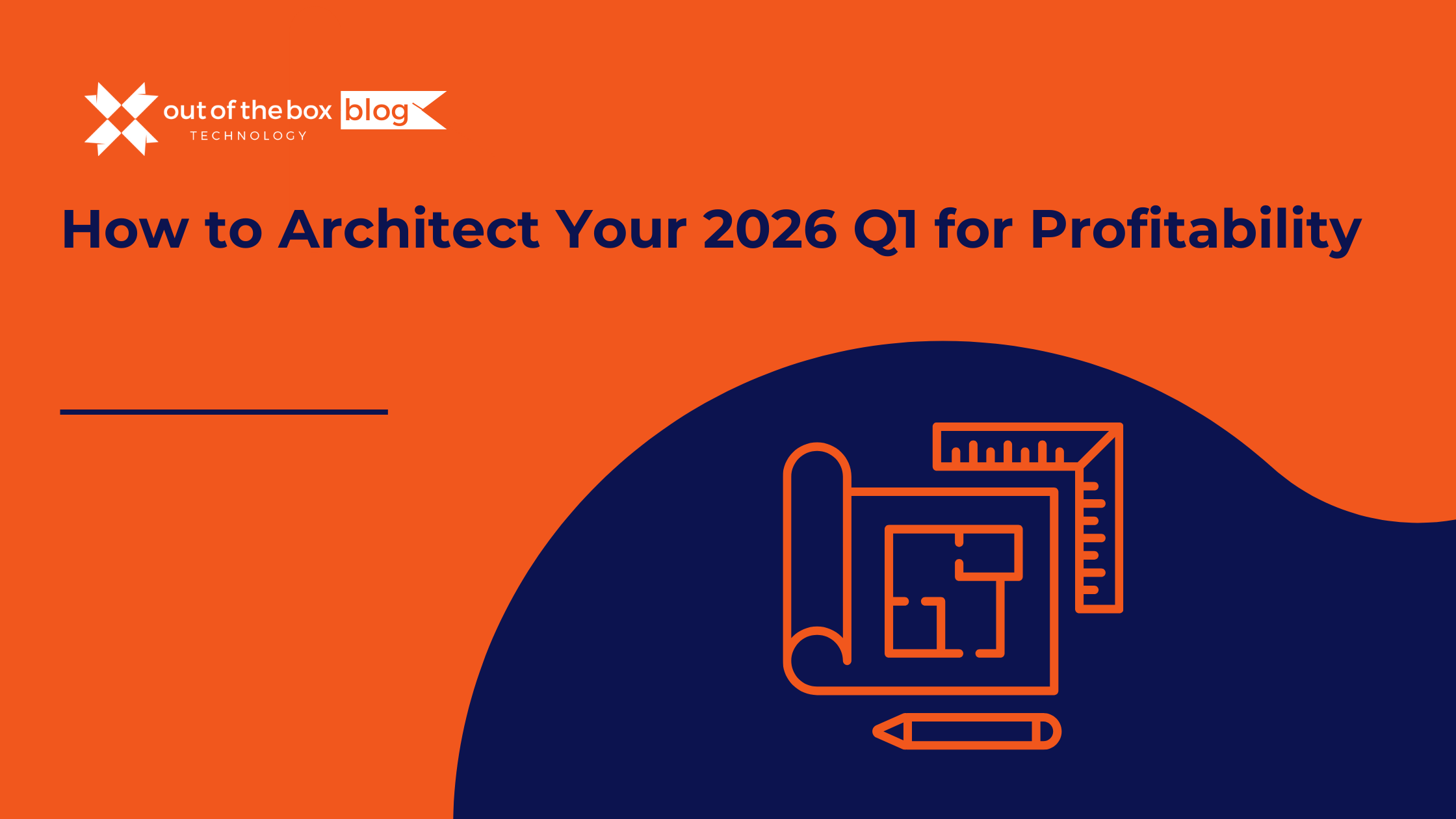
The “Golden Quarter” Opportunity It is late December 2025. The holiday rush is subsiding, and the calendar is about to flip. For the average person, this is a time for gym memberships and diet resolutions. For the savvy Small and Midsize Business (SMB) owner, this is the Golden Quarter—the critical window that dictates the trajectory…
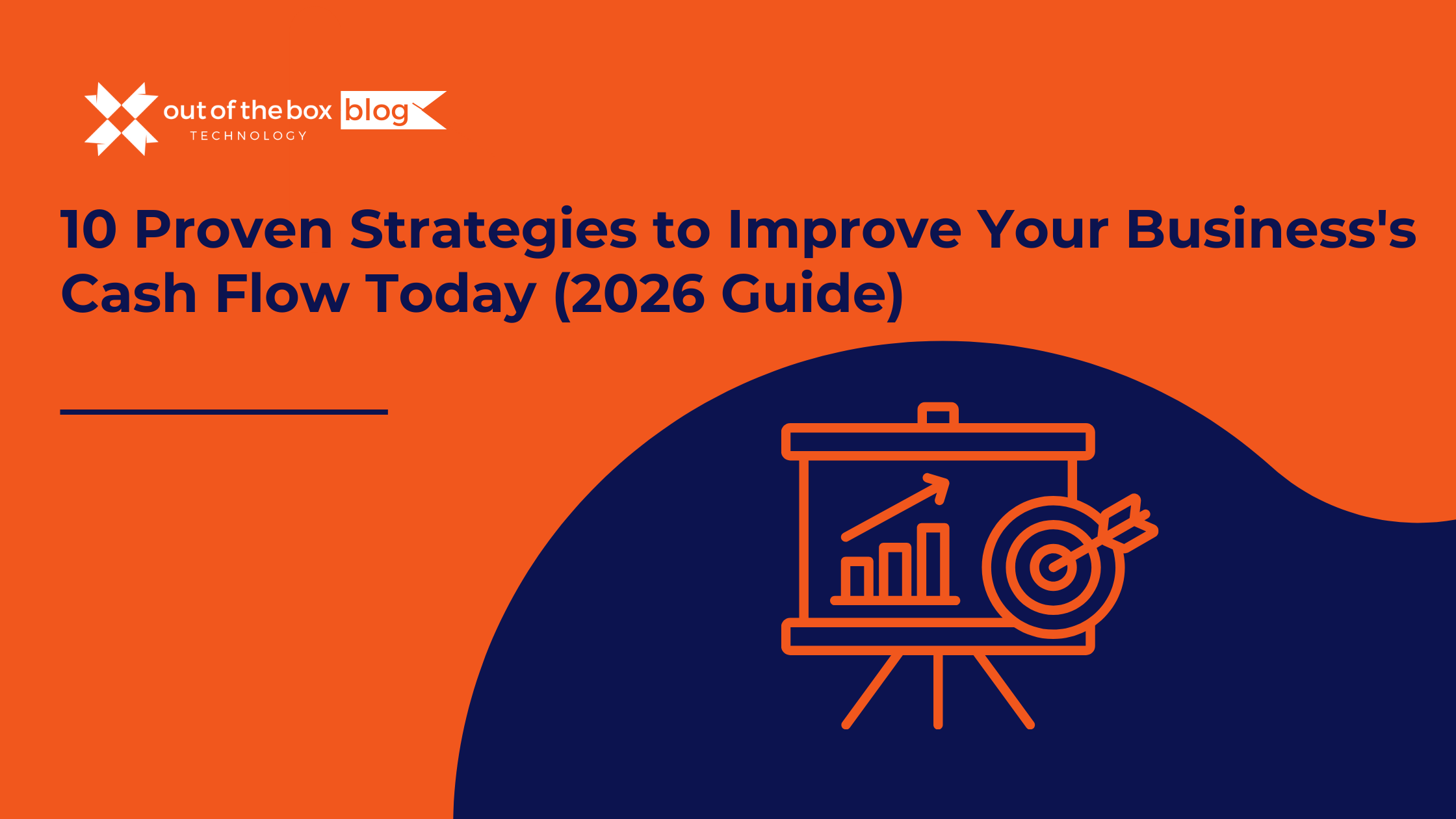
It’s an old business adage, but it has never been more relevant than it is right now. You can have a P&L that shows a healthy profit. You can have a sales pipeline that is bursting at the seams. You can have a team that is busier than ever. And you can still struggle to…
Happy Customer Voices

Laura has been a phenomenal asset to me and my business. Being a brand new franchise business owner, the financial side was all foreign to me. Laura took extra time and care with me through the entire process. She attended more than one meeting with my team so we could go over the numbers together. I truly can’t say enough about how much she has helped me.





